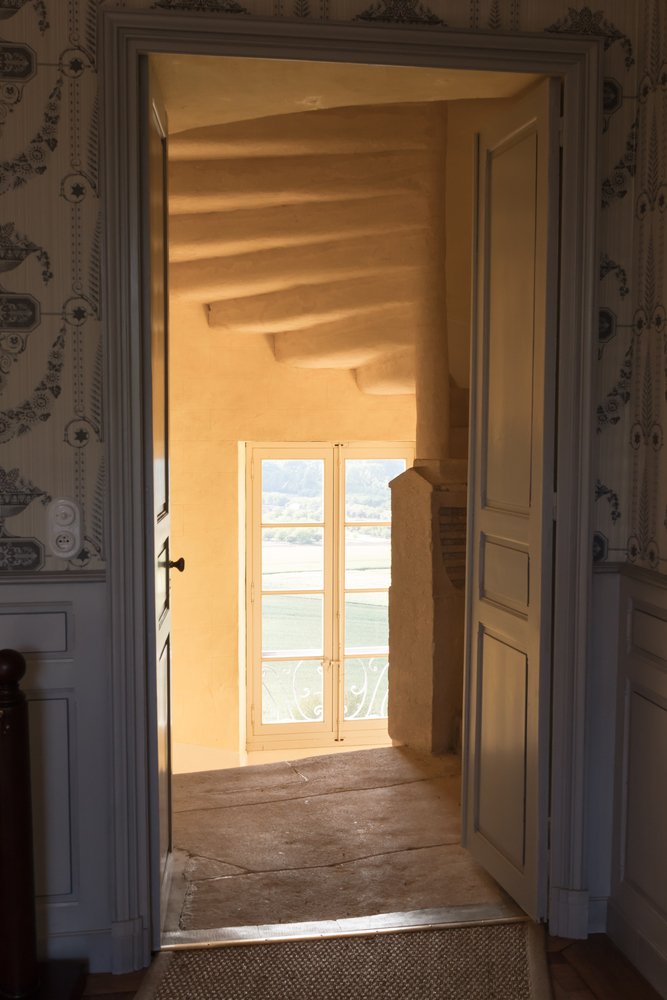The Word Retirement: Own It and Make it Modern.
By Karen and Erica
The words retirement, retired, retiree--they make us anxious and annoyed. They connote withdrawal and defeat. We are not retiring from life or retreating from anything. We had wonderful careers, and we are using them as a foundation for the next decades. We are moving forward. But a lot of people have a different read on our status. They think we want to spend time only with our own kind--people who are happily detached from the real world and want to spend their days playing golf or gardening. Unless they are retirees too, they recoil. They expect us to be boring, needy and greedy.
Where did this dreadful image of retirement and retirees come from? How did the whole concept of retirement begin? It seems that retirement as it is now understood was invented in the 1950’s, as an enticement to older workers to make room for younger ones. Medical advances meant that people who reached retirement age could expect to live into their 70s, for the first time exceeding the social security retirement age of 65. These retirees, mostly male, had weathered the Depression and a world war. They looked forward to getting their gold watches, and leaving their working lives behind. They had pensions and social security, more than enough for a few years of play. People envied them.
And boy had playtime improved. Leisure time for all had been invented, and with it excellent new toys, no longer reserved for the wealthy. Movies and TV. Airplane travel. Driving all over the country on the new highway system, in flashy new cars. Retirement communities in places like Florida and Arizona. Retirees, who had plenty of disposable income, could have fun in the sun, with other retirees, for the remaining five or ten years of their lives. In fact, the term “golden years” was coined to market the lifestyle in America’s first large retirement community, Sun City, Arizona.
So retirement seemed pretty great. But then something happened. Imperceptibly at first, retirement became more of a stigma than a desirable status. Decades years later, by the time we retired--the first large group of career women to stay in the work force until retirement--it had totally lost its lustre. To us, the 50s vision of retirement seems more like a death sentence than a golden goal. What happened?
What happened is that the working world, and the people who work in it, changed dramatically.
First, today's retirees have experienced the working world very differently from that of the management-focused, male atmosphere of the 50’s, and even that of the self-actualizing 60’s. Technology was a driving force. Moving from telex and multigraph to computers to mobile phones to personal devices impacted not only the way we worked but also our perspectives. From local we went global. We had friends and colleagues all over the world with whom we communicated constantly. Issues were considered through a much wider lens. We enjoyed operating in a landscape that was expansive, complex, and engaging.
Second, our runway is not ten years. It is closer to thirty. A person who lives past her 50s is likely to live until her 80s or 90s. She will likely be mentally and physically fit for those years, and technological advances--like self driving cars--will help overcome previously limiting conditions. We are talking about what we are going to do for the next 20 or 30 years. That is way too long to be in “retreat.” Or to be treated like a potted plant.
Finally, many of us are women. Women who fought for their careers, women who reshaped the workforce to accommodate us. We are not going to be pushed into a corner. We are at the top of our form, and we want to spend the next few decades doing interesting and purposeful things in the middle of the wider world. Because of our careers, we also have the wherewithal--mental, physical and financial--to shape a new kind of retirement.
So what do we mean to do? We mean to give the concept of retirement a massive overhaul. Just as we tailored the working world to fit our talents and needs, so too will we refashion retirement. When modern women retire, they use their careers as a starting point, the platform upon which to jump off to new accomplishments. Retirement is an opportunity to pivot, to put experience and skills to new uses, to learn new things through the lens that four decades of experience provides.
We can't escape the word “retirement.” So let's claim it. Let's update it. Make it modern, resplendent. An achievement that is a gateway to many different things, a status marked by fluidity, energy, activity and engagement. Bring back its lustre.
Let's do this together. If we do, the sky's the limit.

